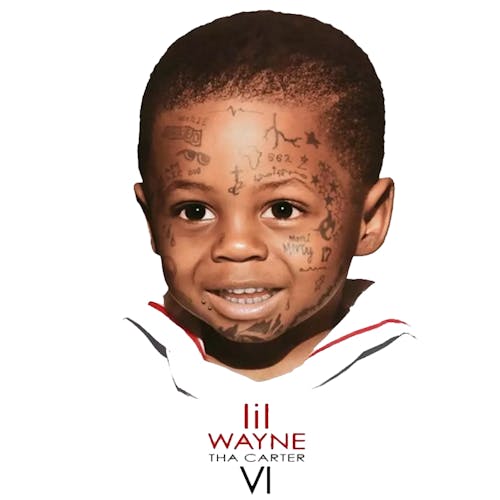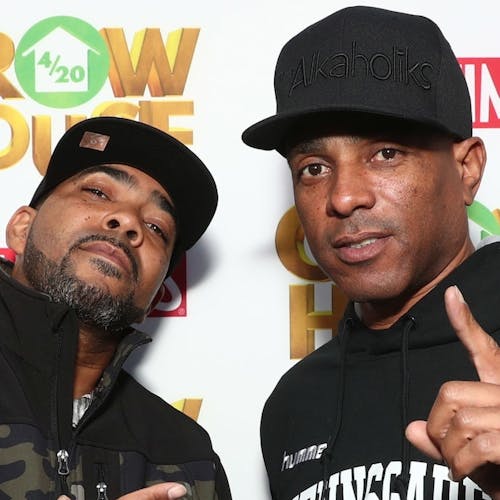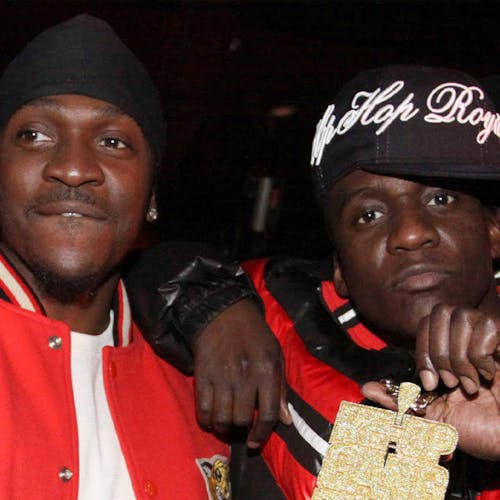Outside of “Rappers Delight” by The Sugar Hill Gang, credited as the first successfully commercial Rap recording not many early Rap records proved the nay sayers wrong commercially and “Christmas Rappin’” is one of them.
According to Blow, the terms of his deal stated that his first single needed to sell at least 30,000 copies in order for him to release a second single and the second single needed to sell 50,000 in order to record an album. “Christmas Rappin'” sold 370,000 in its first year, and the follow-up “The Breaks” sold 870,000 in its first year. A full-length album was next.











